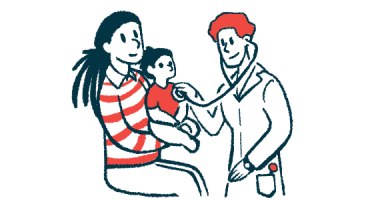FAQs about cystic fibrosis symptoms
A variety of therapies are available that can help to manage and ease the symptoms of cystic fibrosis (CF). Symptoms of the disease also may vary in severity due to other factors; for example, patients often experience more severe symptoms if they have an ongoing infection, which may ease once the infection is addressed. It’s recommended that people with CF or their caregivers talk with healthcare providers about any symptoms they may be experiencing so as to come up with management strategies.
Some lifestyle changes can be useful in managing symptoms of cystic fibrosis (CF). For instance, because smoke can damage the lungs, it’s generally recommended that people with CF avoid smoking and exposure to secondhand smoke. Dietary changes may be useful in ensuring that people with CF get enough nutrition, and being physically active can help to maintain lung health. It’s recommended that people with CF talk to their healthcare team to design a personalized strategy for symptom management, which may include lifestyle changes and medications to address specific symptoms.
Cystic fibrosis (CF) is a progressive disorder, meaning that the symptoms tend to worsen over time as damage to the body accumulates. However, there can be a lot of variation in how quickly CF symptoms worsen, and their severity can fluctuate depending on factors like infections. CF treatments also may help to slow disease progression.
A form of intestinal blockage called meconium ileus is often one of the first signs of cystic fibrosis (CF) in newborns, and results in babies not having a normal bowel movement in the first days of life. Other common early signs of CF include poor growth and difficulty gaining weight, frequent lung infections, coughing, and shortness of breath. Salty skin at birth also can be among the first signs of cystic fibrosis in babies.
The genetic mutations that cause cystic fibrosis (CF) are present even before an individual is born, but there can be a lot of variation from person to person in terms of the onset and timing of specific symptoms. Some patients will have noticeable symptoms in the first days after birth, while others may not experience any notable problems until later in childhood or adolescence.
Related Articles

 Fact-checked by
Fact-checked by 









